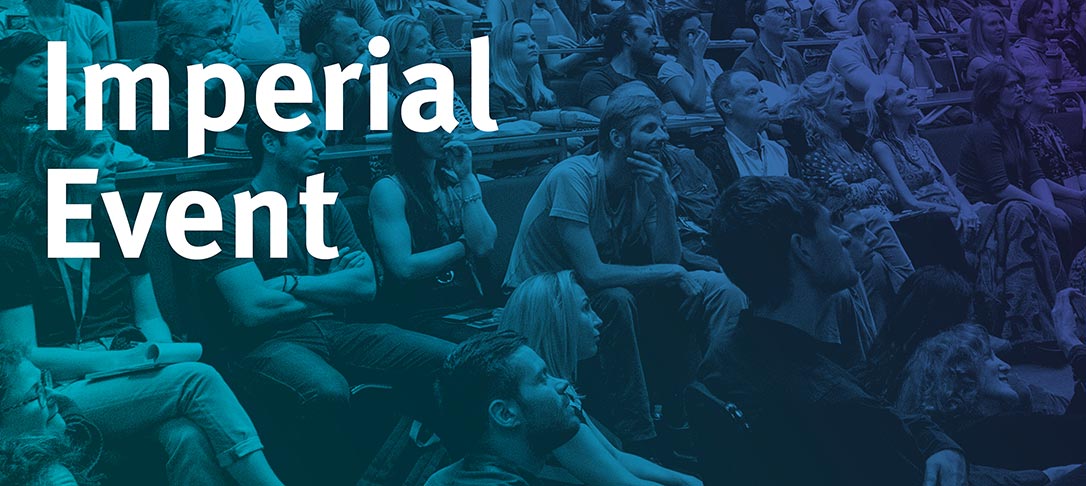
The role of batch-wise CO2transport in decarbonising European industry: implementation on the Norwegian CCS chain
Abstract
Carbon dioxide Capture and Storage (CCS) has gained momentum in the recent energy forecasts as one of the relevant measures in tackling the increasing concentration of CO2 in the atmosphere due to anthropogenic activities. The current rate of CO2 injection and storage (40 mtpa) needs to begrowing substantially (~18% per annum) to reach the expected requirement of 5,600 mtpa in 2050. In addition to the CO2 transport via pipeline, infrastructure in place should offer flexibility to accommodate CO2 from a range of sources and via alternative transport modes including batch-wise modes (e.g.,ships and lorries). All this is necessary in order to connect stationary emitters of CO2 to geological storage sites, where the geography and distance between sources and sinks does not favour pipeline deployment alone and where small quantities of CO2 available do not provide economic feasibility for dedicated pipeline adoption. This work presents a CCS value chain multiperiod optimisation model developed to account and minimise costsin multi-mode CO2 transport scenarios. The model accounts for design options and costs of the individual chain elements in detail (i.e.,conditioning, transport, intermediate storage and geological storage). An implementation of this model in the Norwegian CCS chain-the most advanced batch-wise CCS network project in design globally-is performed to demonstrate how the disperse locationand emission profiles of the CO2 sources can shape the CCS network chain evolution.
Biography
Denis Fraga is a Doctoral researcher at Imperial College London, in the department of Earth Sciences and Engineering within the Minerals, Energy and Environmental Engineering Research Group (MERG). His expertise is in techno-economic evaluation of small-scale liquefied natural gas chains, natural gas pipeline expansion projects and drilling rig campaigns. His PhD research is onthe techno-economic and life cycle assessment of CO2 transport, specifically aimed at assessing the role of CCS logistic chains in enabling more economic, sustainable and faster project deployments at regional level. The multi-period cost optimisation of multi-mode CCS chains forms part of this research. Denis holds a BSc in Management (FEI-Brazil), MSc in Energy (USP-Brazil) and a Masters certificate in Petroleum Economics (IFPEN-France). Has worked for over 8 years in the upstream and downstream sectors of the oil and gas industry in Brazil and the UK, including areas such as natural gas supply contracts, pipeline project development, onshore and offshore drilling bidding process, and shareholder relationship management.
About Energy Futures Lab
Energy Futures Lab is one of seven Global Institutes at Imperial College London. The institute was established to address global energy challenges by identifying and leading new opportunities to serve industry, government and society at large through high quality research, evidence and advocacy for positive change. The institute aims to promote energy innovation and advance systemic solutions for a sustainable energy future by bringing together the science, engineering and policy expertise at Imperial and fostering collaboration with a wide variety of external partners. The Energy Futures Lab daytime seminars are delivered by staff and students from across the College and further afield.